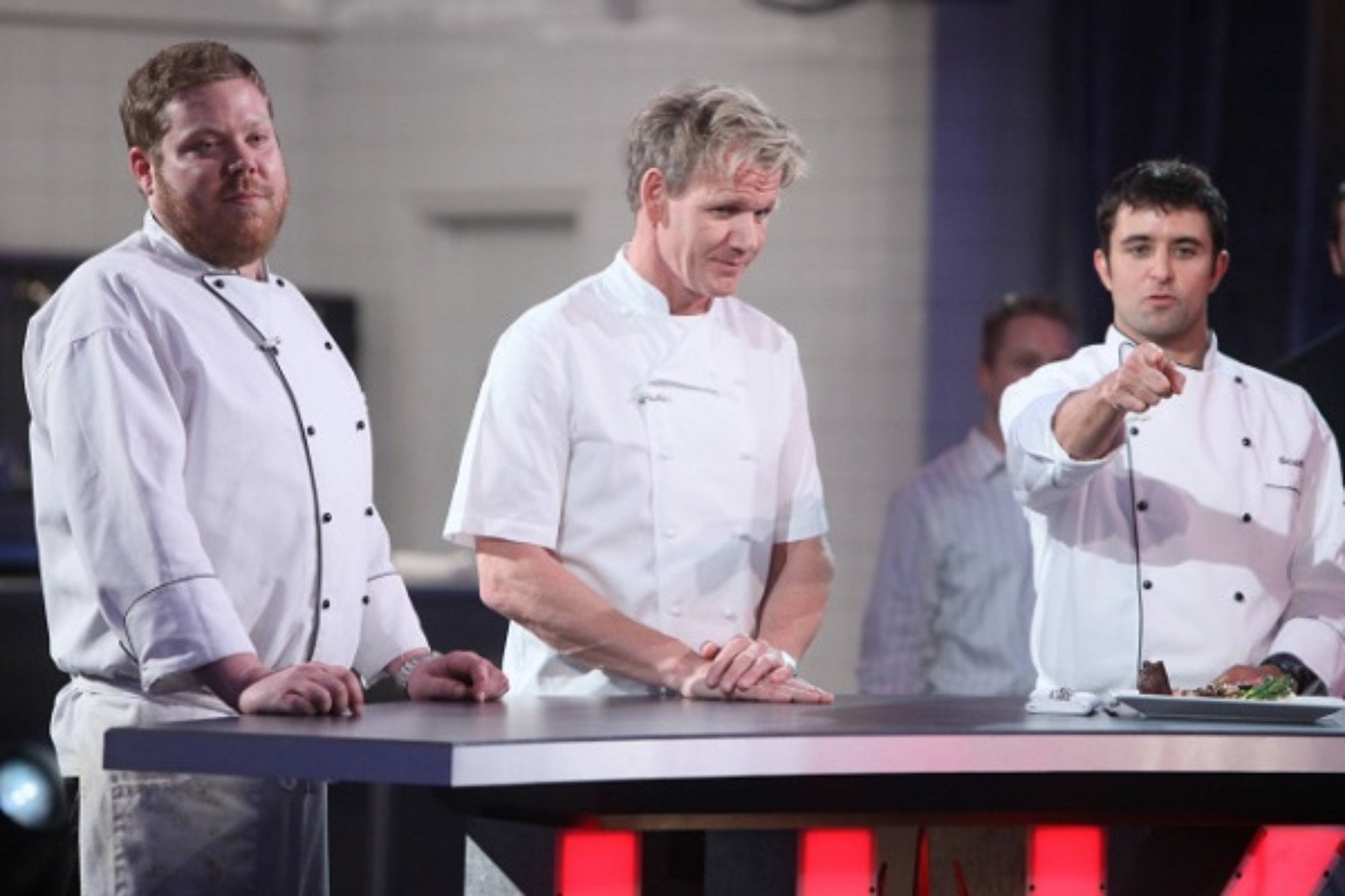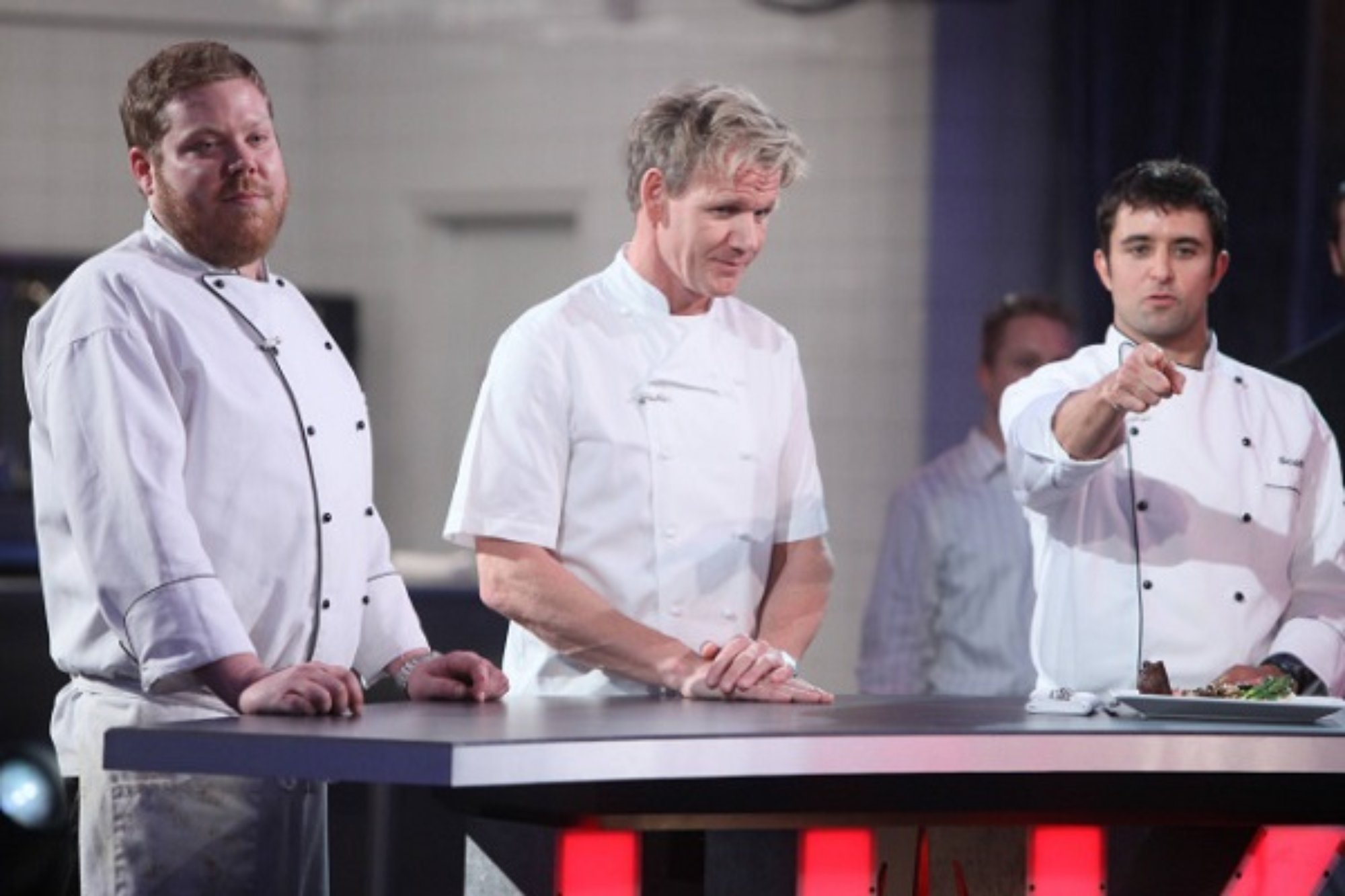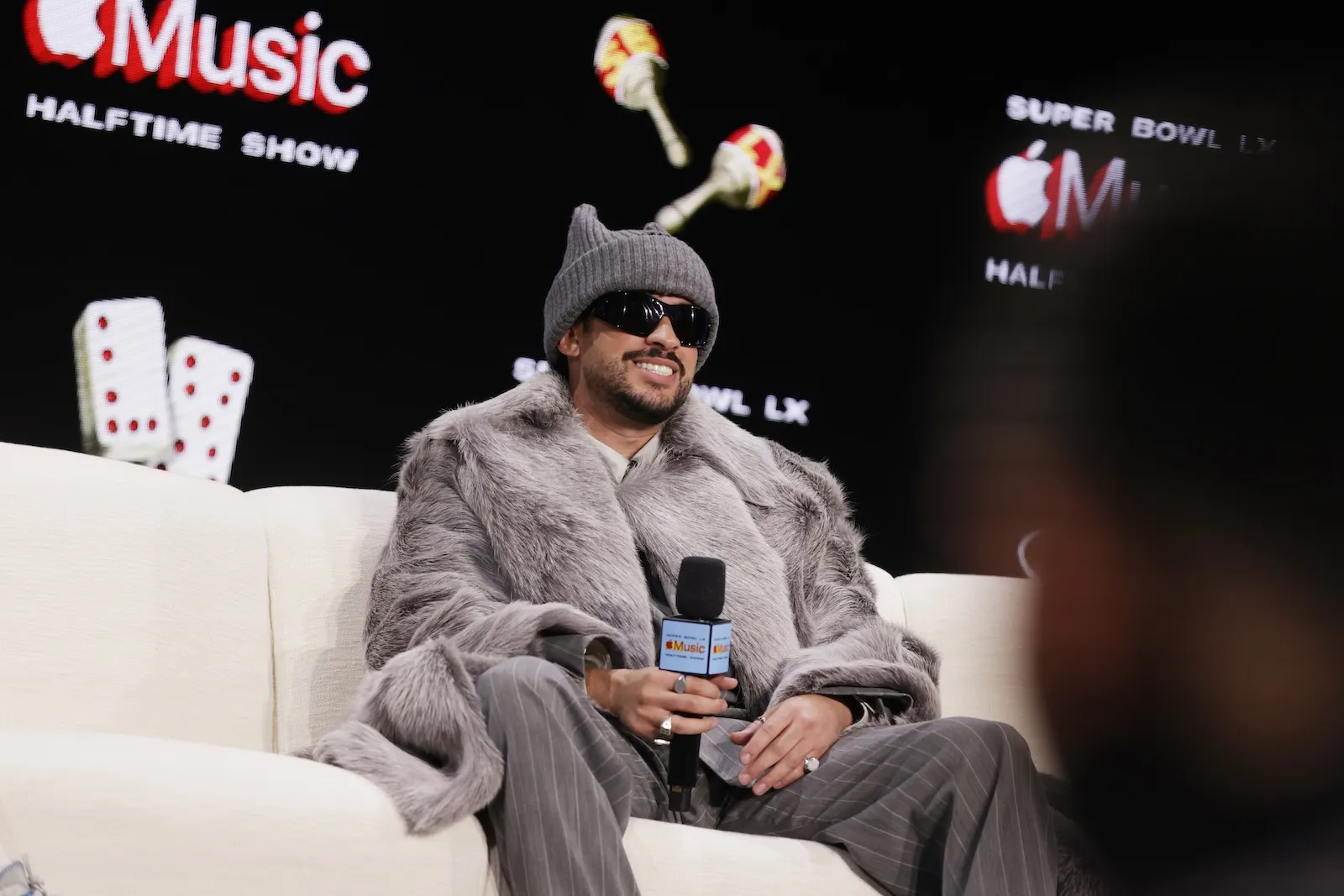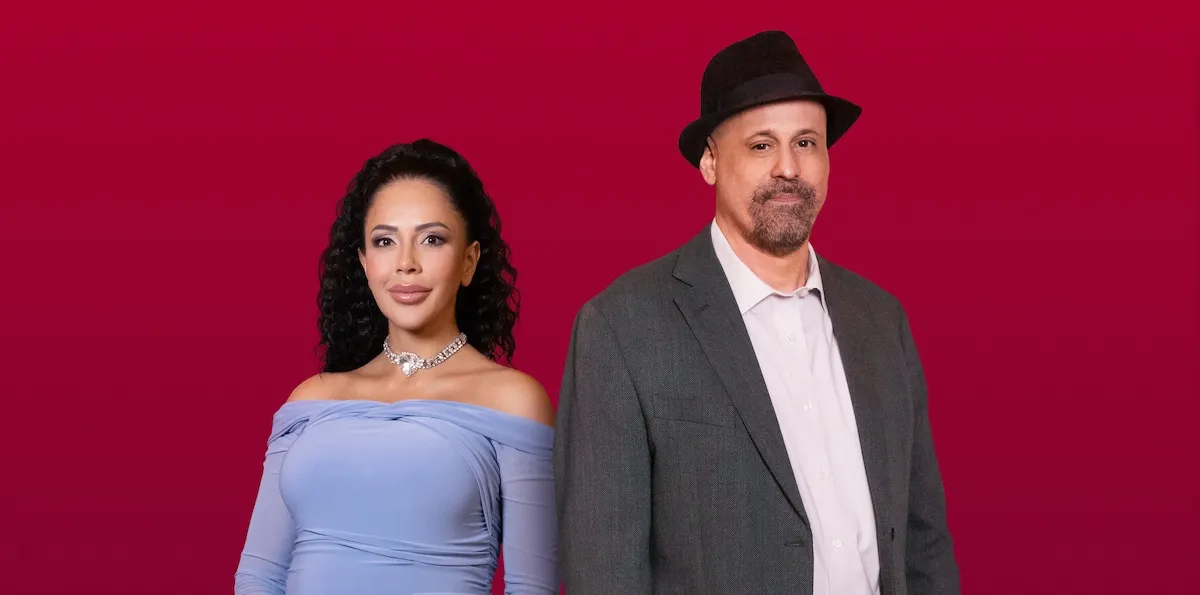
‘Hell’s Kitchen’: Getting the First Pick in the Final Brigade Statistically Doesn’t Matter
Hell’s Kitchen host Gordon Ramsay emphasizes the importance of chefs picking their brigade for the final challenge that determines the winner of the season. There’s pressure for them to get the first pick, but how much does it really matter? Turns out, it statistically doesn’t really make much of a difference whether Hell’s Kitchen chef contestants pick first or second for the final brigade.
The last ‘Hell’s Kitchen’ challenge determines the final brigade picks

Hell’s Kitchen always hosts its final challenge in the form of a menu judged by highly-esteemed guest chefs with friends and family watching in the crowd. Similar to other challenges, the winner gets a special reward for snatching the victory ahead of the final dinner service that determines the season’s winner – the first pick amongst a selection of the season’s previous contestants for one’s brigade. The two finalists continue to announce their selections one by one until only one chef remains, who automatically goes to the second-pick team.
The Hell’s Kitchen brigade is crucial when it comes to the team dynamic throughout the season. Drama between teammates has the potential to make or break a dinner service, as maintaining communication and teamwork is the key to success. Therefore, a chef should be thrilled to have the opportunity to be the first to pick the first member for their brigade, marking the most important dinner service of their life. After all, a head chef position and a salary of $250,000 are on the line.
The ‘Hell’s Kitchen’ first brigade pick only has a 48% win-rate
Over the course of 21 seasons, Hell’s Kitchen statistically proved that having the first pick in the brigade doesn’t matter much. Finalists typically pick one of the other black jacket chefs (those who joined the elite group of contestants in making it far in the competition). However, that still leaves other black jacket options available for the second selection.
There were only 10 instances out of 21 where picking a chef first for the final brigade resulted in a win on Hell’s Kitchen, which translates to a 48% success rate (rounding up from 47.6%). Therefore, there’s actually less of a chance that a finalist will win with the help of having the first pick.
Seasons 10-13 was the longest success rate, with winners Christina Wilson, Ja’Nel Witt, Scott Commings, and La Tasha McCutchen all earning first pick for their final brigade.
However, there were two 3-loss streaks when it came to winners not getting the first pick for their final brigade. The first came with seasons 2-4 in Heather West, Rock Harper, and Christina Machamer. The second happened with seasons 14-16 with Meghan Gill, Ariel Malone, and Kimberly-Ann Ryan.
Hell’s Kitchen Seasons 20 and 21 winners Trenton Garvey and Alex Belew took the top prize with their first pick in the final brigade. To break the record for the longest win streak, the winners for the next three seasons will need to have their first pick in their brigade.
‘Hell’s Kitchen’ brigade pick determines the last pick
The most helpful part of a chef picking their final brigade first on Hell’s Kitchen actually isn’t getting the initial pick. Rather, it comes at the end of the brigade selection, as the options go down to two remaining chefs. The winner has the opportunity to pick their final teammate, automatically defaulting the last chef to the opposing team.
In some cases, this results in drama rearing its ugly head that originally took place earlier in the competition. Hell’s Kitchen Season 4 winner Christina was stuck with Matt Sigel after Louis Petrozza chose Jen Gavin. However, Matt refused to show Christina or Chef Ramsay any respect. He kept undercooking monkfish, causing undeniable tension and trouble in the kitchen.
Meanwhile, Season 8 winner Nona Sivley was left with Boris Poleschuk, who had an explosive argument with Trev McGrath. However, Nona managed to quickly defuse the situation.
The Hell’s Kitchen final brigade picks are important when it comes to the dynamic of the team, but getting the first pick doesn’t always work out for the finalists.


